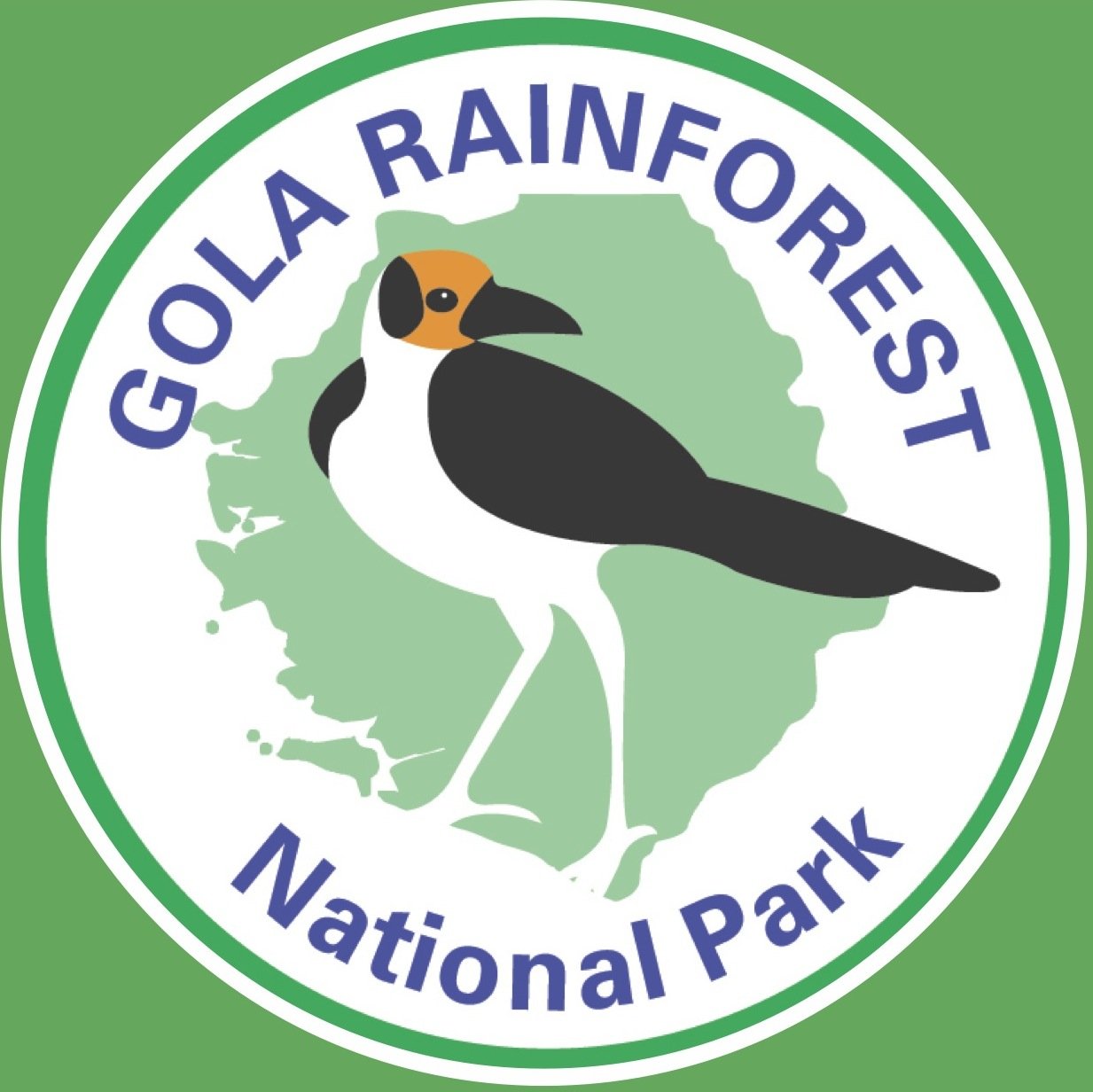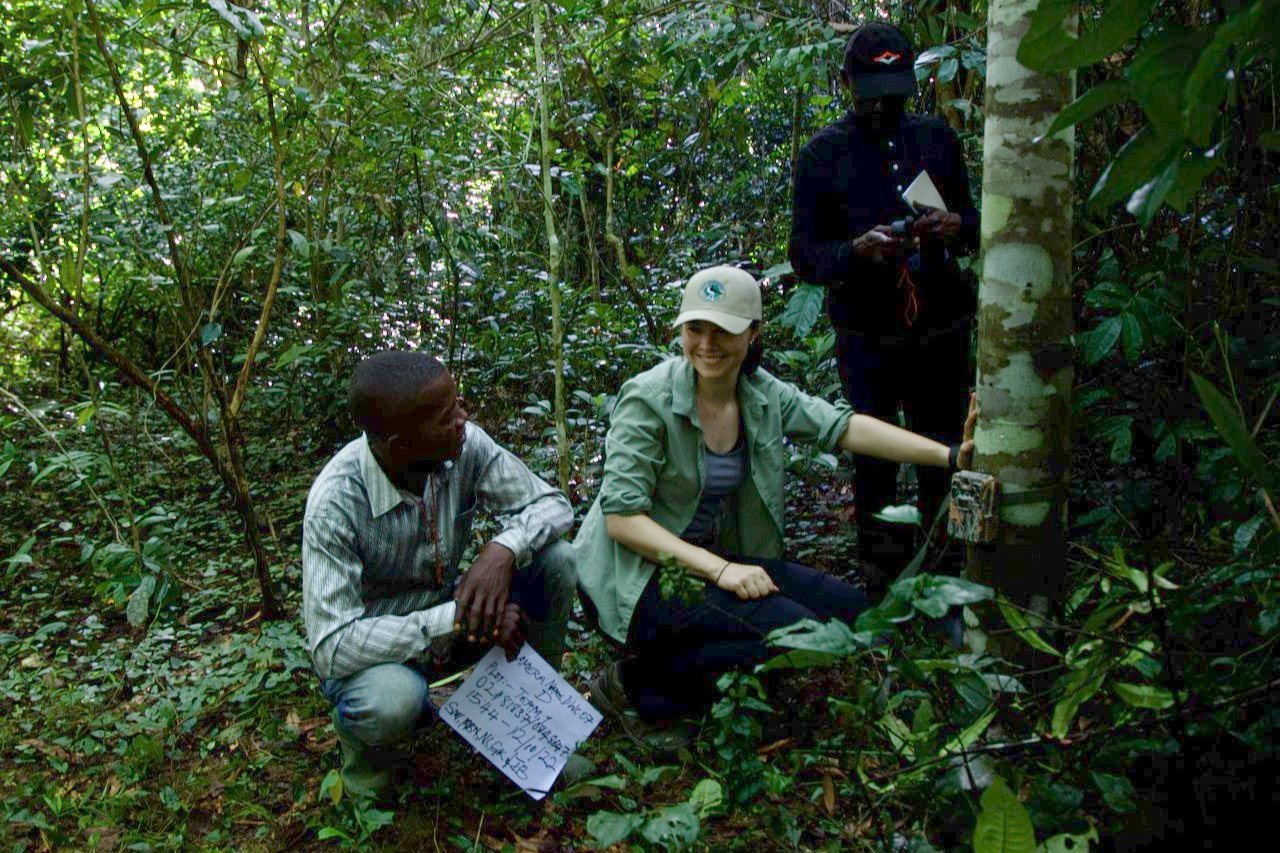Gola Conservation Centre
The Gola Rainforest Conservation Centre (GRCC) is located at the northern edge of the central block of the Gola Rainforest National Park near the village of Lalehun. It is primarily used as a park substation, hosting rangers, researchers, and other park staff, and providing a venue for large training events. Our aim is for this site to become a regional centre of excellence for capacity building and research in the Upper Guinea Forests of West Africa.
Visitor’s Centre
As well as hosting park staff, the Gola Research Centre provides the main access point for visitors to the Gola Central Block. It is just 1h 30 min away from Kenema, where the GRC headquarter office is based. From the international airport (in Lungi), there is a direct, very good tarmac road to Kenema, as well as from the capital (Freetown). The drive to Kenema whether it be from the airport or Freetown, takes about 5 hours.
Visitors have the option to stay at a purpose-built 3-bedroom lodge, fitted with a bathroom and kitchen, or two 10-bedroom dormitories (provided these are not in use by GRC staff) each with their own communal bathrooms. All rooms are furnished with a double bed, table, chair and a small cupboard.
Training Centre
Ongoing capacity-building activities at the GRCC are focusing on the training of GRNP staff members, community members (through, for example, the Species Champion Programme focused on the White-necked Picathartes and Pygmy Hippo), students from Njala University and Eastern Technical University in Kenema, as well as conservation practitioners and researchers from other institutions (e.g. National Protected Areas Authority (NPAA), Conservation Society of Sierra Leone (CSSL), Society for the Conservation of Nature of Liberia (SCNL), and Tacugama Chimpanzee Sanctuary).
Theoretical teaching happens directly in the facilities of the GRCC, while practical lessons can be given in the surrounding forest. We also aim to bring school classes as well as other community members to the GRCC under our Environmental Education Programme. As the GRCC develops further, we wish to keep local communities actively involved, especially women, in the activities of the GRCC. Their support, ownership, and partnership are paramount.



